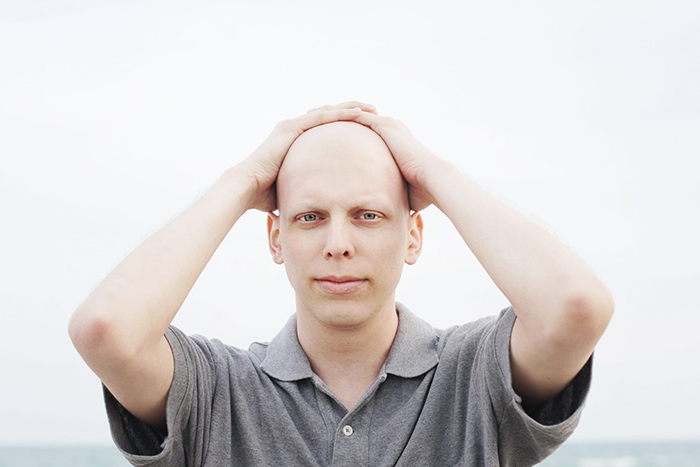One out of every three men in the United States will be diagnosed with cancer at some point in their lives. This is a sobering statistic to consider. Beyond skin cancer, men are most frequently diagnosed with prostate, lung, or colorectal cancer, according to the American Cancer Society (ACS). Those are also the three malignancies responsible for the highest number of deaths in men.
For men, reducing the risk of cancer is more important than ever.
Here Are Four Ways to Make an Impact Today
- If you use any tobacco products, quit now. Cigarette smoking is responsible for more than a dozen types of cancer including those involving our lungs, bladder, and mouth. Chewing tobacco and snuff can also cause head and neck, esophageal, stomach, or pancreatic cancer. Talk with your doctor about the best ways to help you kick the habit for good. Finding a support group can also make a big difference in whether you succeed.
- Cut back on alcohol consumption. Heavy drinking can cause health problems, but did you also know that alcohol can increase your risk for cancers of the mouth, throat, liver, and colon? The risk increases for those who drink and smoke at the same time. It is recommended that men consume no more than two alcoholic drinks per day. According to the Dietary Guidelines for Americans, moderate alcohol consumption is defined as having up to 2 drinks per day for men. Remember, one drink is equal to 12 ounces of beer, 5 ounces of wine, or 1.5 ounces of 80-proof liquor.
- Get a checkup. The best place to start with screenings is with your annual physical exam; here you can find a doctor near you. Starting at age 50, men at average risk for colorectal cancer should have a colonoscopy. If no polyps are found, the test should be repeated every 10 years. If you are considered to be in a high-risk group, your doctor may recommend that you be tested earlier.
- Get some exercise. Regular physical activity is one of the best ways to control your weight, reduce stress, and lower your risk of cancer. Try to get at least 150 minutes of moderate-intensity exercise each week or 75 minutes of vigorous workouts. That’s how much exercise the Centers for Disease Control and Prevention (CDC) recommends for a healthy lifestyle.
Don’t waste any time, make sure you or your loved one puts down that cigarette and/or beer, gets outside, and grabs a tennis racket, soccer ball or even a Frisbee for some physical activity. Also, don’t forget to wear sunscreen with an SPF of at least 30.




